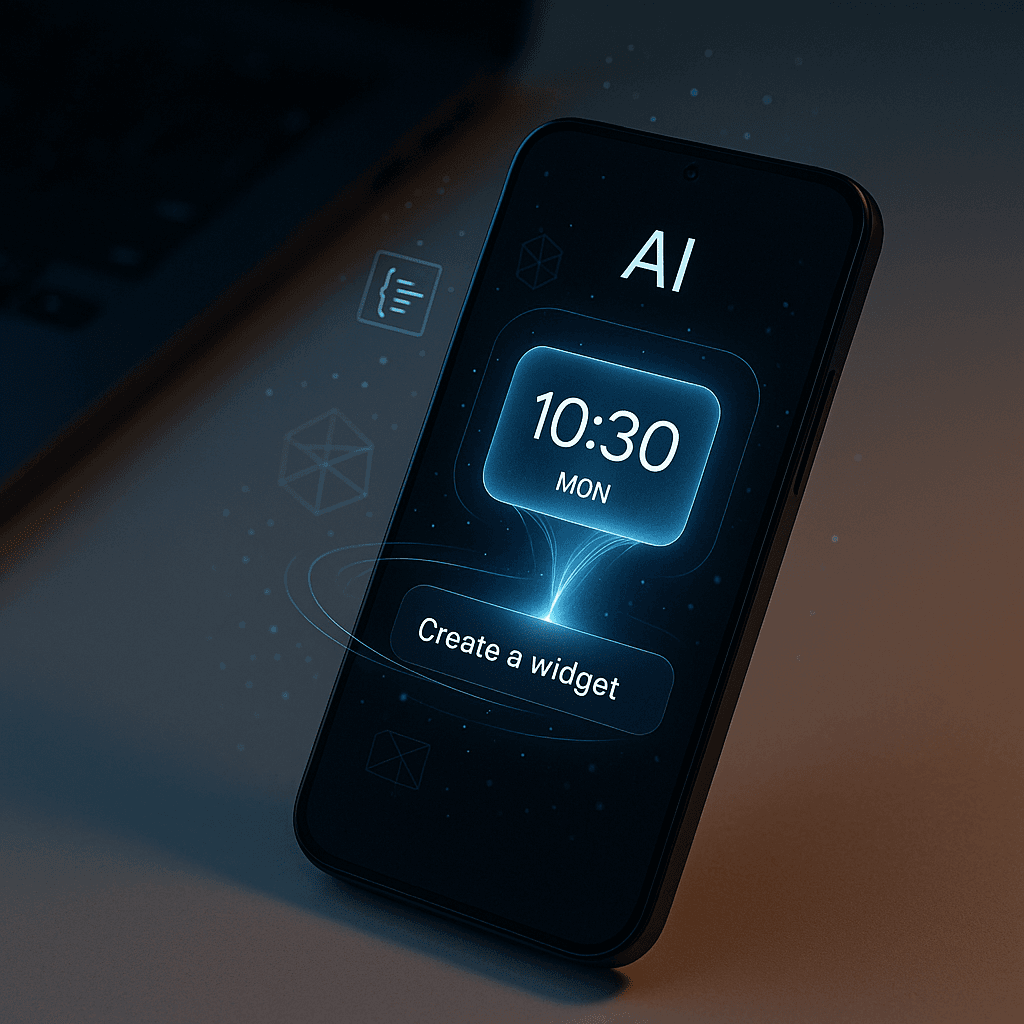Nothing just dropped Playground, an AI tool that lets anyone build smartphone widgets using simple text prompts. The timing couldn't be better - it comes just weeks after the company raised $200 million to chase AI-powered devices. While other vibe-coding apps have struggled with security issues, Nothing's betting its millions of phone users will embrace prompt-to-app creation.
Nothing just made app development as easy as sending a text message. The London-based smartphone maker revealed Playground on Monday, an AI-powered tool that transforms simple prompts into functional widgets for their Essential Apps platform. Users can now type requests like "build me a flight tracker" or "create a virtual pet" and watch Playground generate working code in real-time.
The launch signals Nothing's aggressive push into AI territory, coming just weeks after the company raised $200 million in Series C funding led by Tiger Global. CEO Carl Pei made it clear then that Nothing wasn't just building phones anymore - they're chasing an AI-first operating system that could reshape how we interact with devices.
"Something that has always bothered me is why we aren't improving software?" Pei told TechCrunch in a recent interview. "A lot of people look at what big companies like Apple do, and follow that because that is the safer path. I think software iteration is very slow."
Playground currently focuses on widgets rather than full-screen applications, with Nothing admitting the technology isn't mature enough for complex apps yet. Users can create everything from meeting briefers to art curators, or customize existing apps from the Essential Apps marketplace. Technical users get code access for fine-tuning, bridging the gap between no-code simplicity and developer control.
The move puts Nothing in direct competition with established players like Google and Samsung, despite holding less than 1% of global smartphone market share according to IDC data. But Pei sees this David-versus-Goliath positioning as an advantage, allowing Nothing to take risks that bigger companies won't.
"With breakthroughs in AI, we believe that operating systems will change and become more personal," Pei explained. "Our devices have so much context on us, but that is not being leveraged right now."
The vibe-coding space has been littered with failed attempts, however. Recent analysis by AppFigures shows similar mobile apps struggling to gain traction due to security vulnerabilities and maintenance headaches. Nothing acknowledges these concerns head-on.












